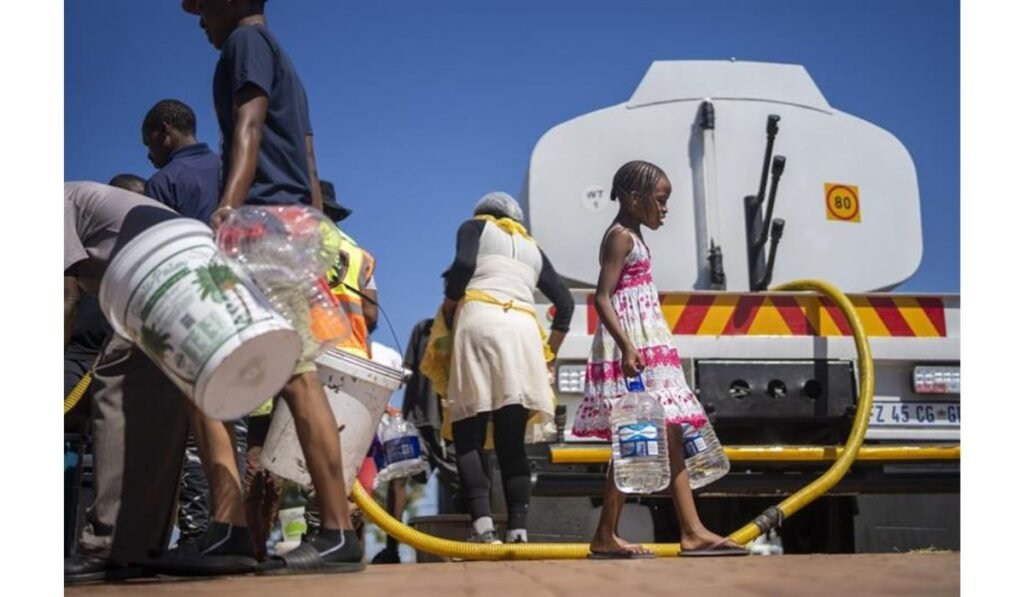As Johannesburg grapples with a severe water crisis, the situation has reached critical levels. Dwindling water supplies have led to taps running dry in various parts of the city, leaving residents without access to essential water resources. This crisis has been exacerbated by factors such as population growth, climate change, and insufficient infrastructure to meet the increasing demand for water. With water supplies dwindling and reservoirs reaching critically low levels, residents are facing severe water shortages, disrupting daily life.
Furthermore, the impact of the water crisis in Johannesburg extends beyond just inconvenience. It poses significant health risks to residents, as access to clean and safe drinking water becomes increasingly scarce. Without adequate water supplies, sanitation facilities are also compromised, further exacerbating the risk of waterborne diseases and hygiene-related issues. Additionally, industries and businesses reliant on water are facing disruptions, impacting economic activities and livelihoods.
Moreover, addressing the water crisis in Johannesburg requires immediate action and long-term solutions. Authorities must implement stringent water conservation measures to reduce consumption and prevent further depletion of water reserves. Investments in infrastructure and alternative water sources like desalination plants are essential for sustainable water supply. Collaborative efforts between government, communities, and stakeholders are crucial to mitigating the impact of the crisis and building resilience against future water challenges.
read more
image source








